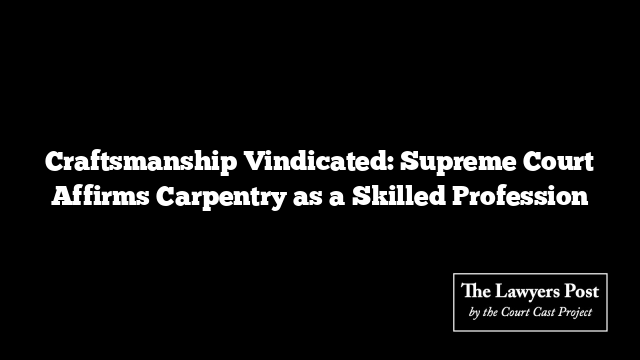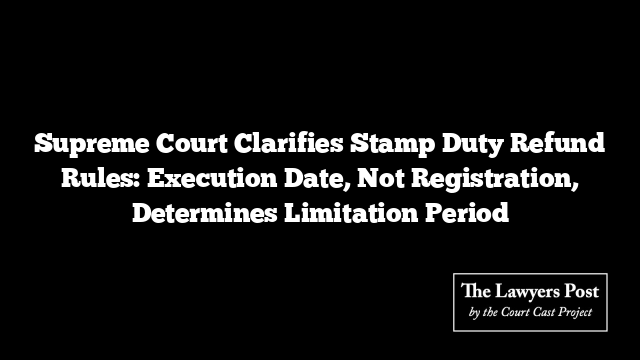The Supreme Court has reinforced the principle that when an appeal’s scope is confined to addressing the condonation of delay, the merits of the underlying case must remain untouched. This clarification, issued on January 22, comes in response to a High Court decision that ventured beyond its jurisdiction.
The matter originated from complaints filed before the Maharashtra Real Estate Regulatory Authority (RERA), Mumbai, regarding the possession of a flat. After RERA dismissed the complaints and discharged the developer, the orders were challenged before the Appellate Tribunal. However, an appeal regarding one of the orders was delayed, prompting a request for condonation of delay.
The Appellate Tribunal dismissed the condonation request, asserting insufficient grounds. When the matter was escalated to the High Court, it acknowledged that the delay might have been condoned under normal circumstances but proceeded to make observations on the case’s merits before dismissing the appeals.
Taking issue with this approach, a Supreme Court Bench comprising Justices P.S. Narasimha and Manoj Misra emphasized that the High Court had overstepped its bounds. The Bench highlighted that the Appellate Tribunal itself had refrained from examining the merits of the orders in question, underscoring that the High Court’s commentary was unwarranted.
The Bench remarked:
“Once the High Court opined that in normal circumstances the delay ought to have been condoned, it ought not to have commented upon the merits of the orders… particularly, when the Appellate Tribunal had not dealt with the correctness of those orders.”
The Supreme Court subsequently overturned the High Court’s decision, condoned the delay, and restored the appeals before the Appellate Tribunal, Mumbai. The Tribunal has been directed to evaluate the appeals solely based on their merits, free from the influence of any prior observations.
This decision reinforces a crucial procedural boundary, ensuring that condonation of delay remains a distinct preliminary step, separate from the adjudication of a case’s substantive merits.





